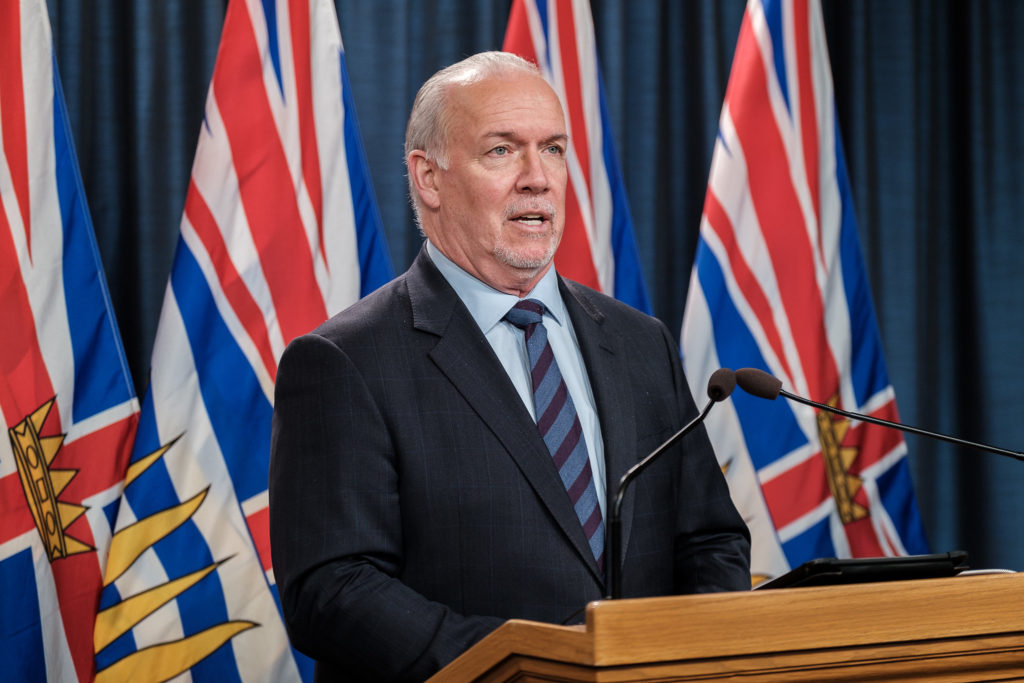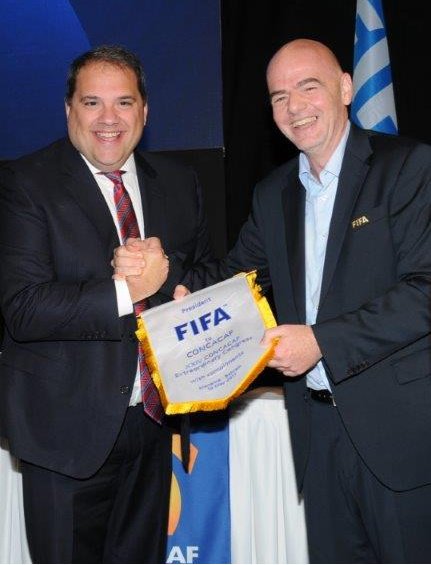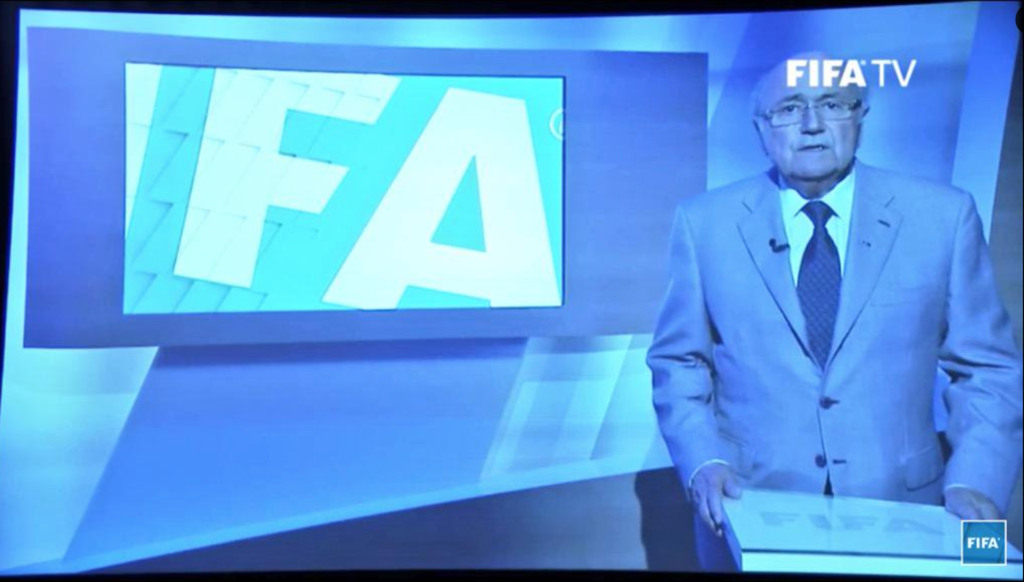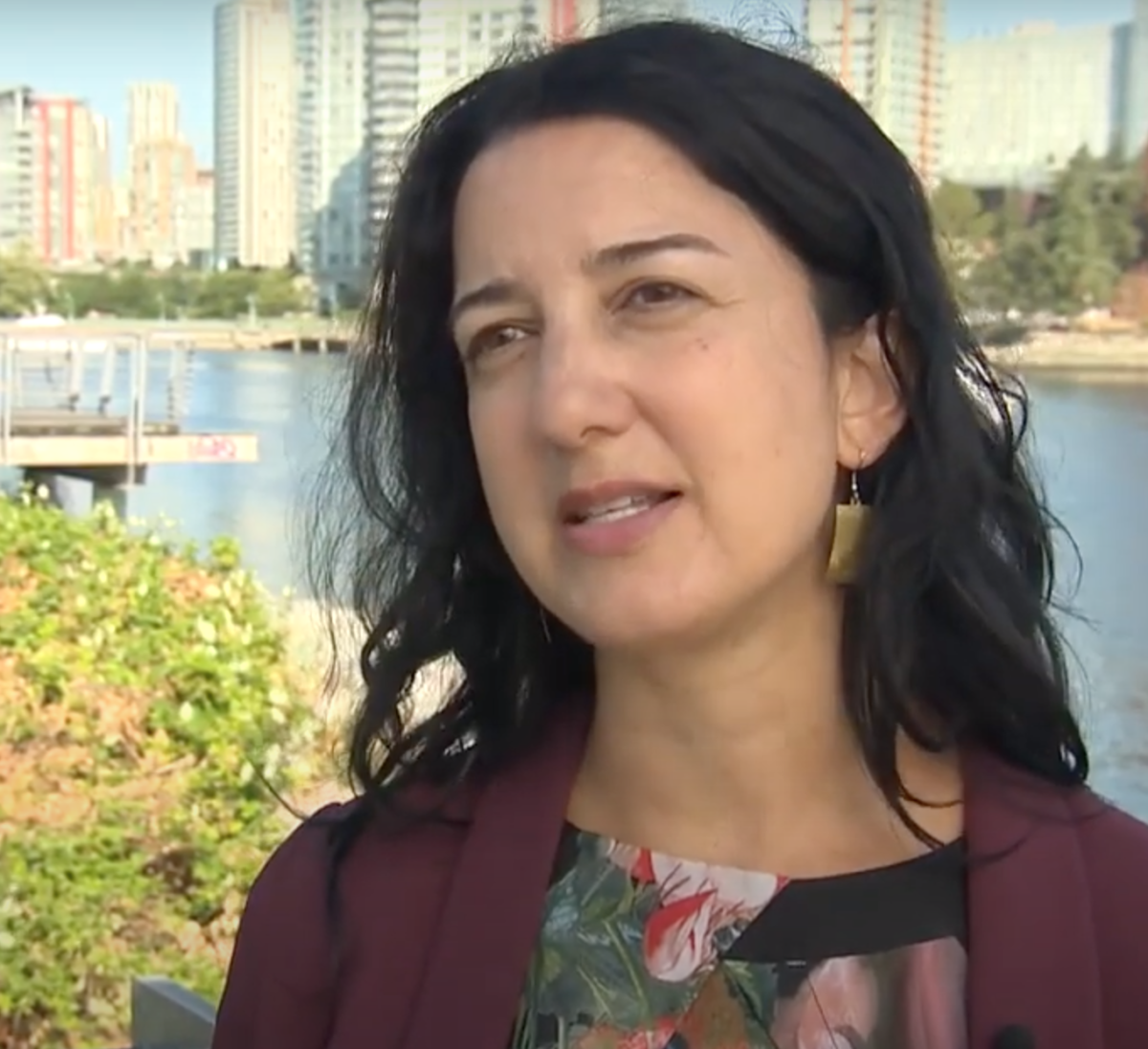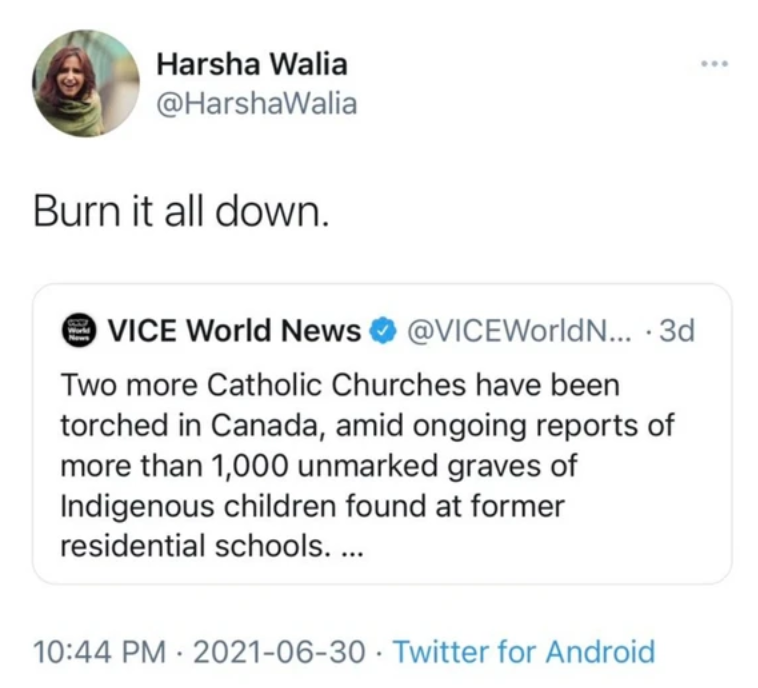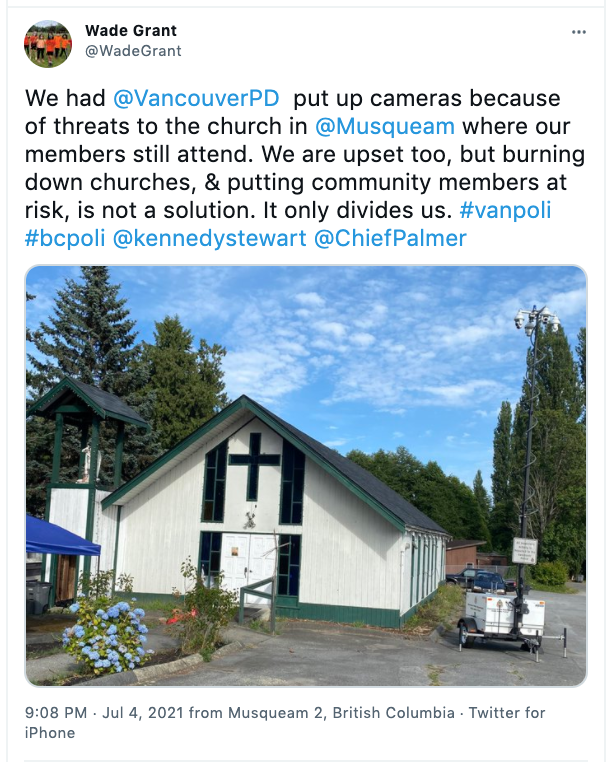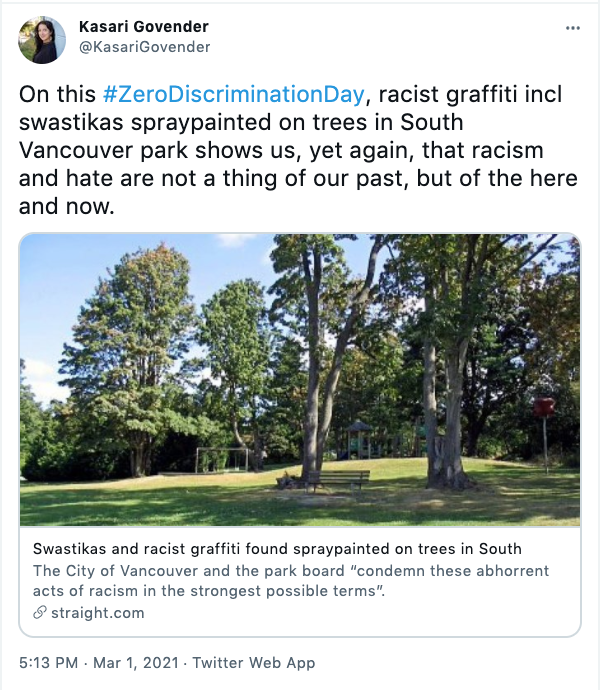Exclusive: Trudeau double no-no in the land of Triple O: Campaigning PM flouts provincial, local laws
Bob Mackin
The co-founder of Democracy Watch is disappointed, but not surprised, that Prime Minister Justin Trudeau disobeyed rules and regulations for restaurants and film and TV productions during his July 8, campaign-style trip to Metro Vancouver.

Prime Minister Justin Trudeau July 8 in Coquitlam (PMO)
“Trudeau has shown again and again that he doesn’t think laws apply to him,” said Duff Conacher. “So it’s not surprising to see this kind of action by him, now in the lead-up to what many think will be a snap election call, which will also violate the federal fixed election date law.”
Before lunching on one of the famous burgers with Premier John Horgan outside a White Spot in Coquitlam, Trudeau made the rounds inside the dining room, hopping between at least three tables. He was accompanied by Coquitlam-Port Coquitlam Liberal MP Ron McKinnon.
Even with the mask, he ran afoul of one of Dr. Bonnie Henry’s ongoing rules.
“Socializing between tables at restaurants and bars remains prohibited under the provincial health officer’s orders until further notice,” Fraser Health Authority spokesman Curtis Harling told theBreaker.news.
“Everyone must follow these orders,” Harling said. But he refused to say whether Fraser Health had received any complaints about Trudeau or White Spot, or whether it was investigating on its own.
The B.C. Restaurant and Foodservices Association’s COVID-19 Best Front of House Service Practices brochure recommends open pathways to enable clear access for both servers and bussers.
White Spot marketing vice-president Cathy Tostenson did not respond for comment.
“The Prime Minister stopped in at White Spot to pick up a takeout lunch order. He was not dining at the location,” Trudeau press secretary Alex Wellstead told theBreaker.news. “While there, he had a few brief conversations with other restaurant-goers and staff. Following local public health guidelines, he had his mask on the entire time.”
Later that afternoon, Trudeau created a buzz in North Vancouver’s Deep Cove village, where witnesses on social media reported he appeared to be starring in a campaign ad shoot at the waterfront park.
Trudeau is expected to call an election in mid-August, more than two years sooner than the October 2023 legislated date. He is aiming to turn the Liberal minority in the House of Commons into a Liberal majority.
theBreaker.news sought a copy of the production application and permit, but the freedom of information office at District of North Vancouver hall said those do not exist.
“Our film department was not made aware of the visit/production and we did not receive an application for a filming permit for this event,” said FOI clerk Kim Wasson.
The only record provided was a single-page, handwritten note in the communications department about the 4 p.m. to 6 p.m. “PM visit.”
The note said RCMP Protective Services and District park rangers were on-site at 2 p.m. for a private event for “25 Liberal supporters, shooting video.”
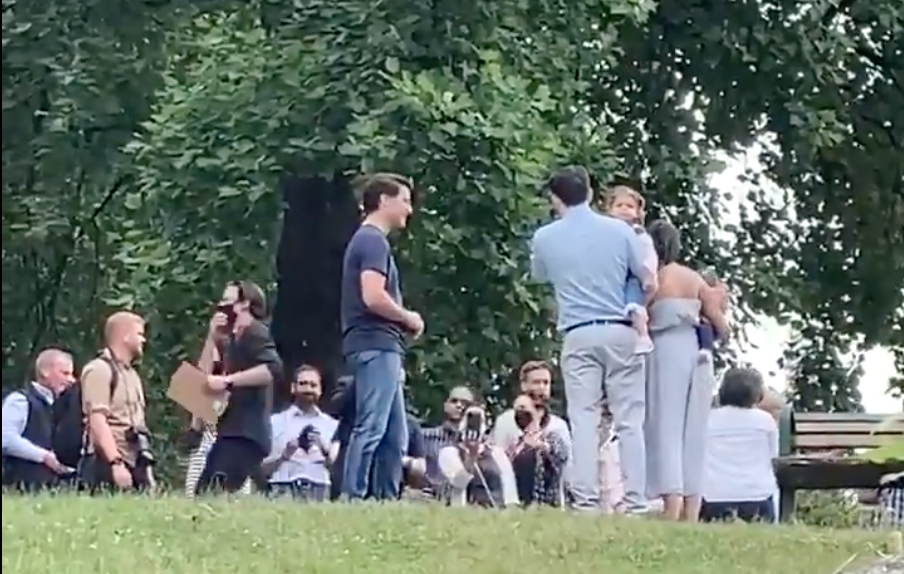
Prime Minister Justin Trudeau in North Vancouver’s Deep Cove on July 8 (Twitter/@sdeedeeduke)
A 27-second Twitter video shot by a kayaker shows a masked man who appears to be directing the shoot, running back and forth clutching a clipboard or pad of paper in his left hand. Party senior director of communications Braeden Caley is visible near Prime Minister’s Office staff photographer Adam Scotti, who captured images of Trudeau presenting a trophy to Burnaby-North Seymour MP Terry Beech.
Neither the PMO nor Beech’s office would comment. Both referred theBreaker.news to Liberal Party headquarters.
Liberal Party spokesman Matteo Rossi would not explain the lack of permit or give any details about the production.
“As a party leader, it is also not uncommon for Mr. Trudeau to have photos or video taken by the Liberal Party or others while he is in outdoor public spaces,” Rossi said by email.
District of North Vancouver requires film, TV, commercial and photography productions to apply for a permit five or more working days before filming dates and notify area merchants and residents at least three business days before the shoot. District of North Vancouver also requires a $2,500 security deposit for a commercial or photo shoot and proof of liability insurance. Additional costs apply under the Fees and Charges Bylaw.
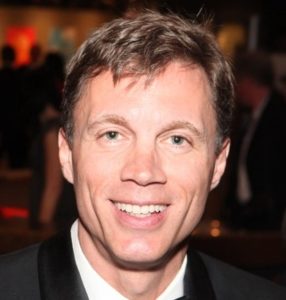
Democracy Watch’s Duff Conacher
Based on District of North Vancouver filming policy and guidelines, Trudeau and his entourage would likely have been denied a permit for the location had they applied. Filming is not allowed in Deep Cove, Panorama Park and Quarry Rock between Victoria Day and Labour Day long weekends due to a high volume of tourists.
“Trudeau keeps violating the law: federal ethics laws, he has been a rampant violator of the federal Access to Information Act and his own conflict of interest — Open and Accountable Government code is what it’s called — he’s violated several times, and several of his cabinet ministers,” Conacher said. “It’s just part of the same ongoing attitude, that his belief that he gets to do whatever he wants no matter what the laws say.”
During his last pre-election trip to Metro Vancouver in 2019, Trudeau followed a meal at White Spot with a trip to Horseshoe Bay in West Vancouver to shoot a campaign ad. The next day, he shot another campaign ad on the Grouse Grind in North Vancouver, which did have a permit. Trudeau dinged taxpayers $54,000 for the round trip cost of a military jet, less than two weeks before the 2019 campaign officially began.
Support theBreaker.news for as low as $2 a month on Patreon. Find out how. Click here.
Bob Mackin The co-founder of Democracy Watch






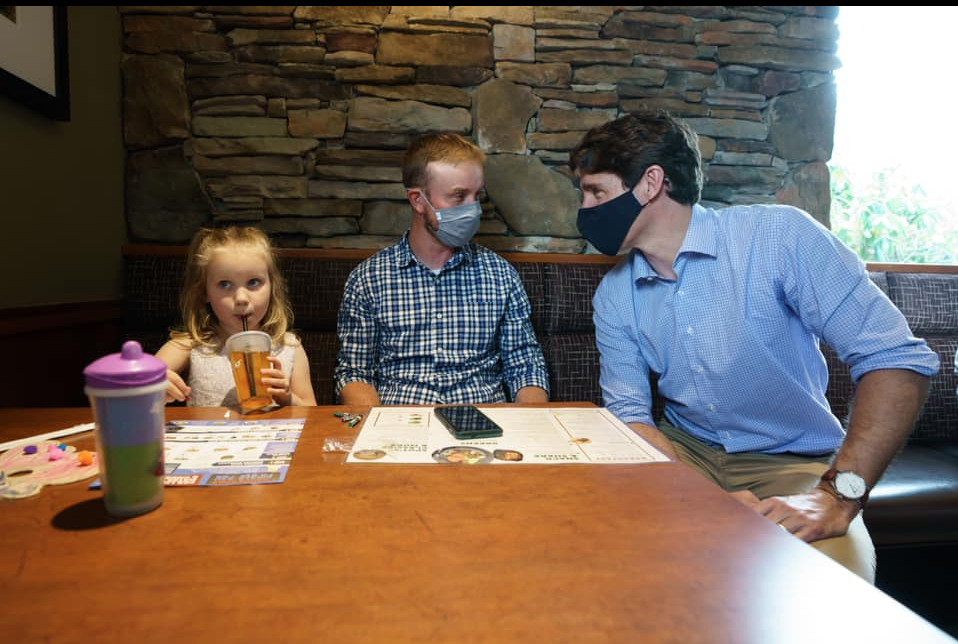
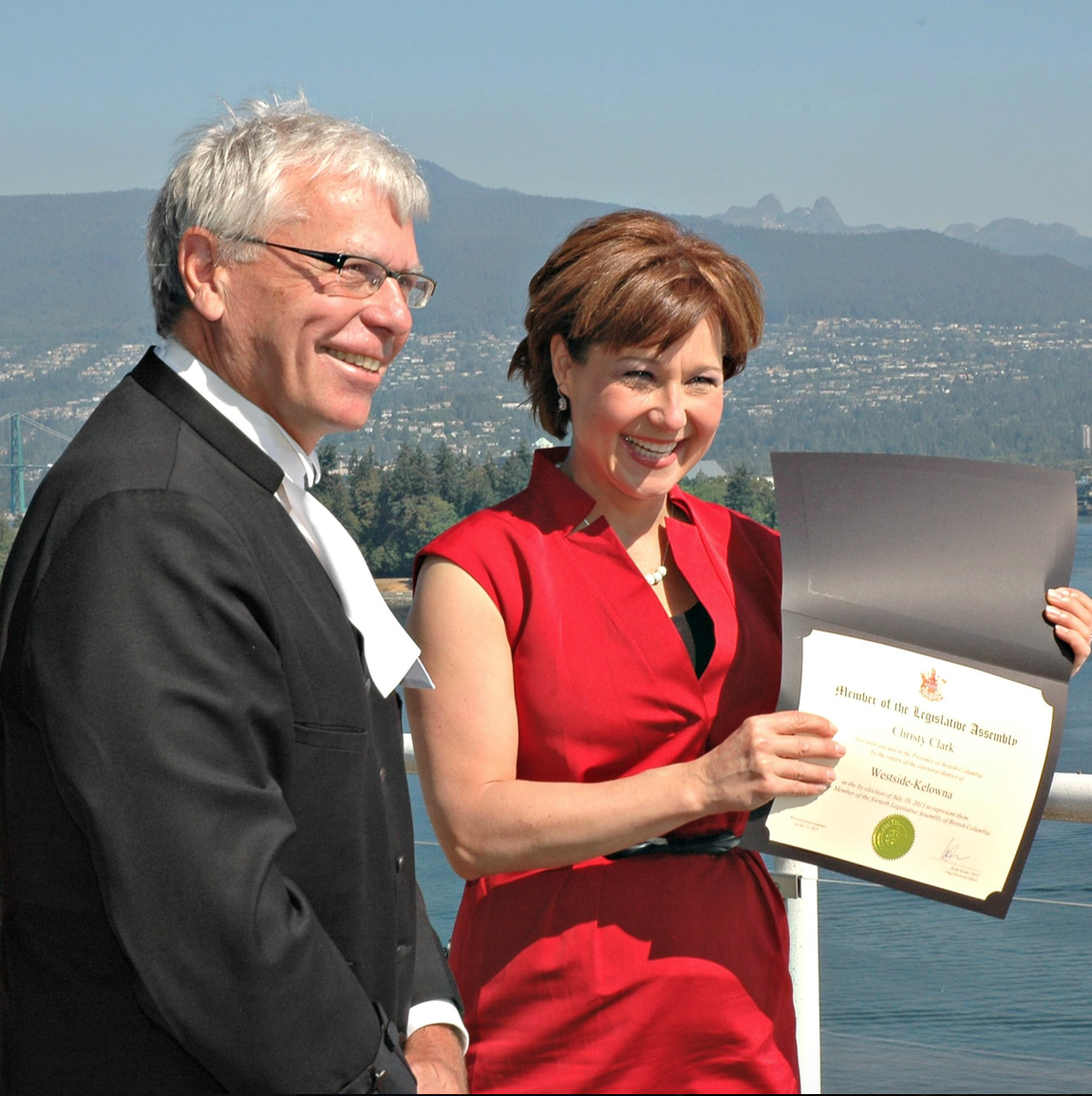
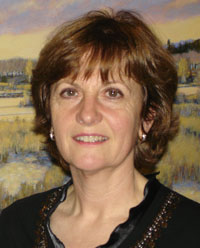
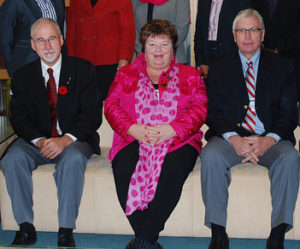
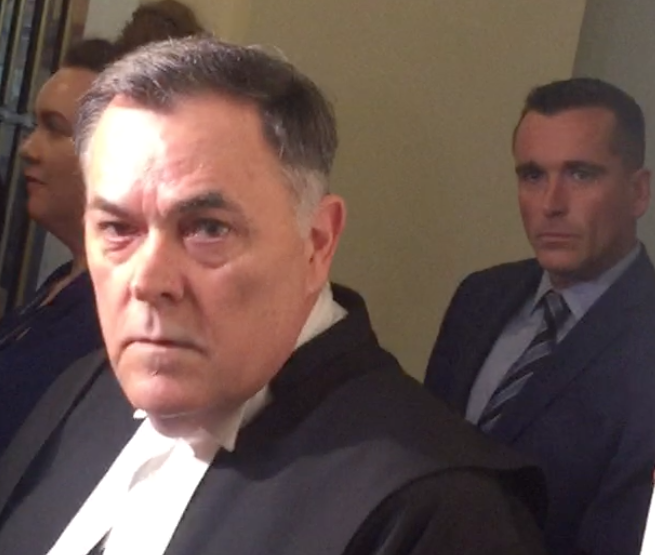
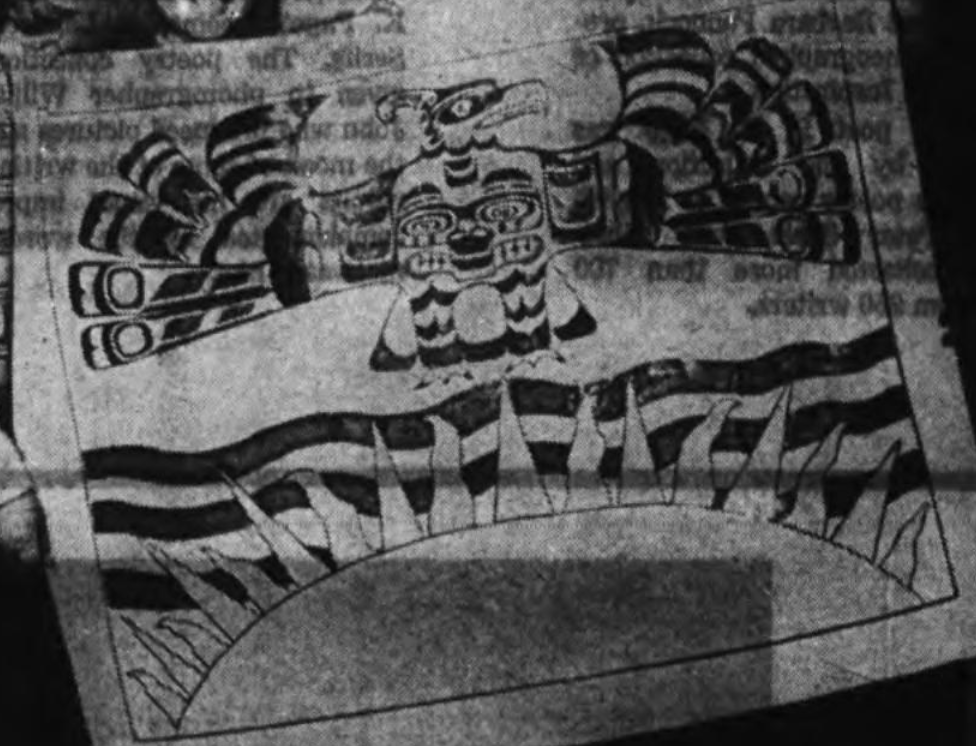

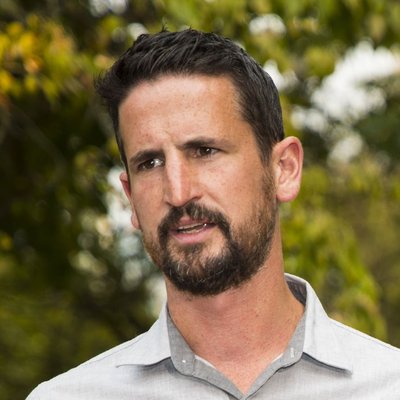
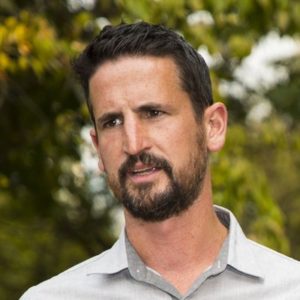
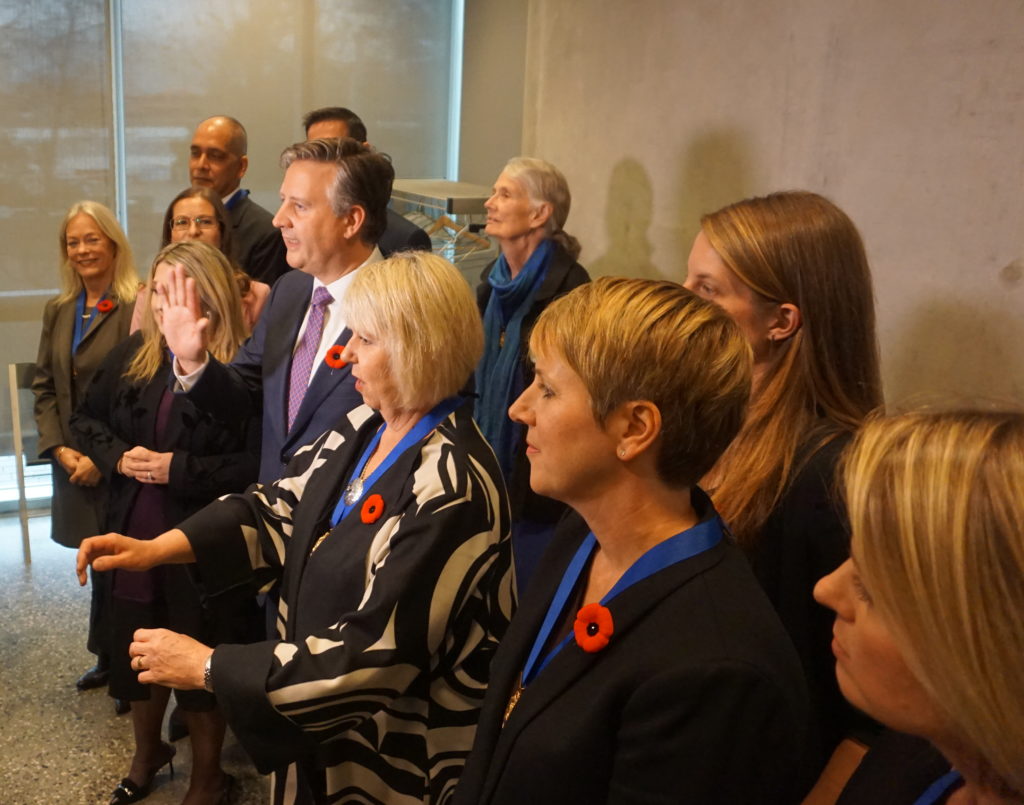
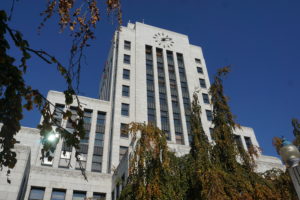
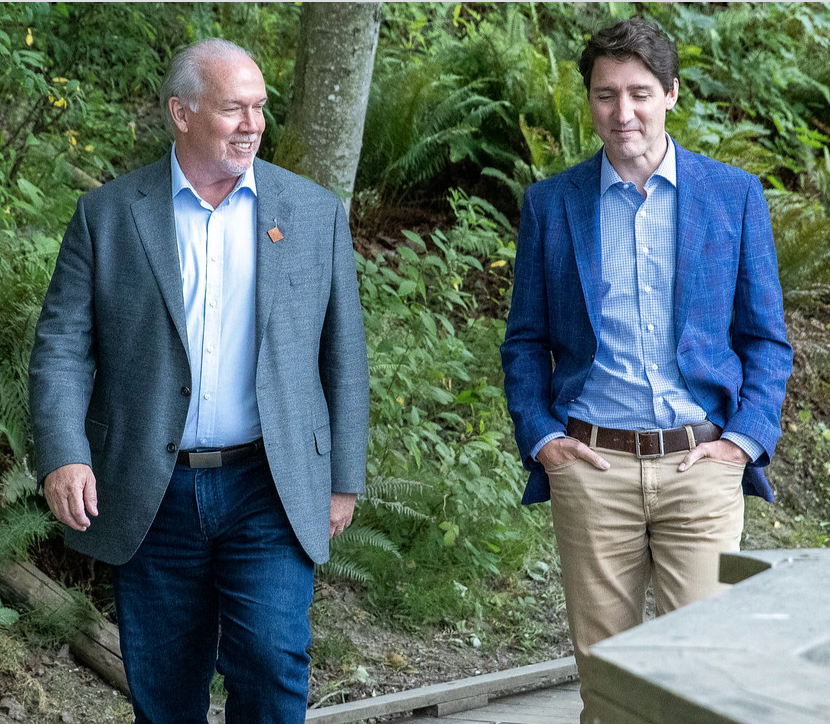
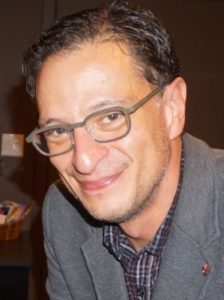

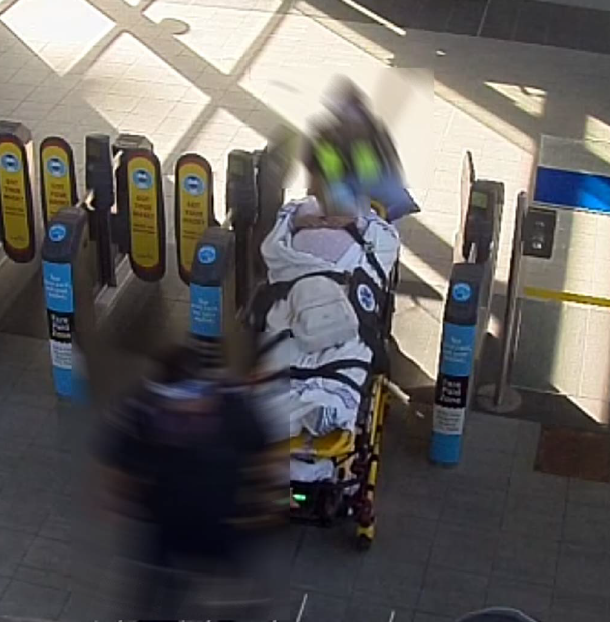

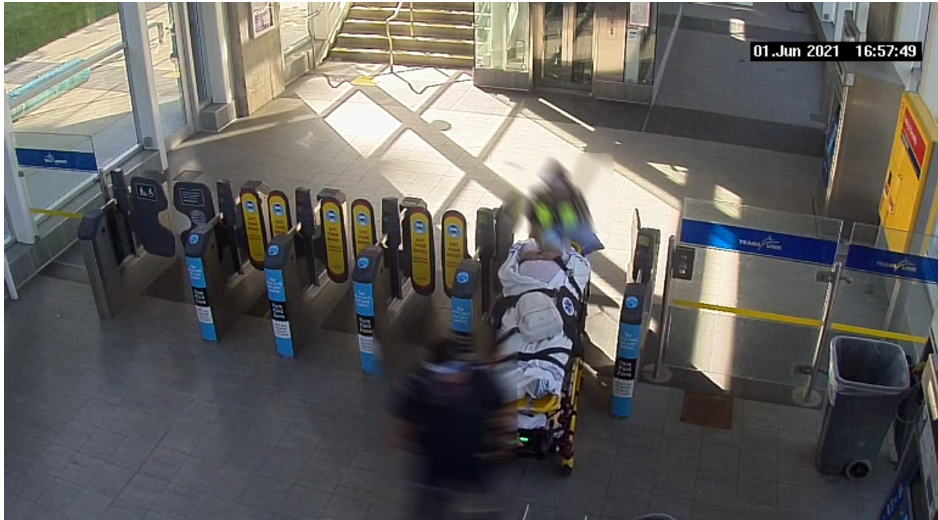
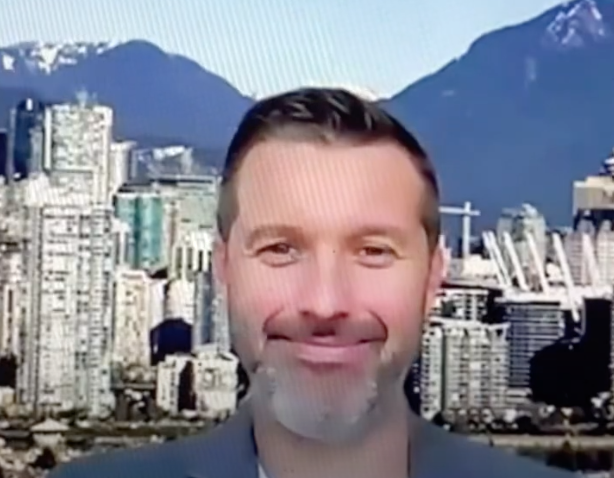
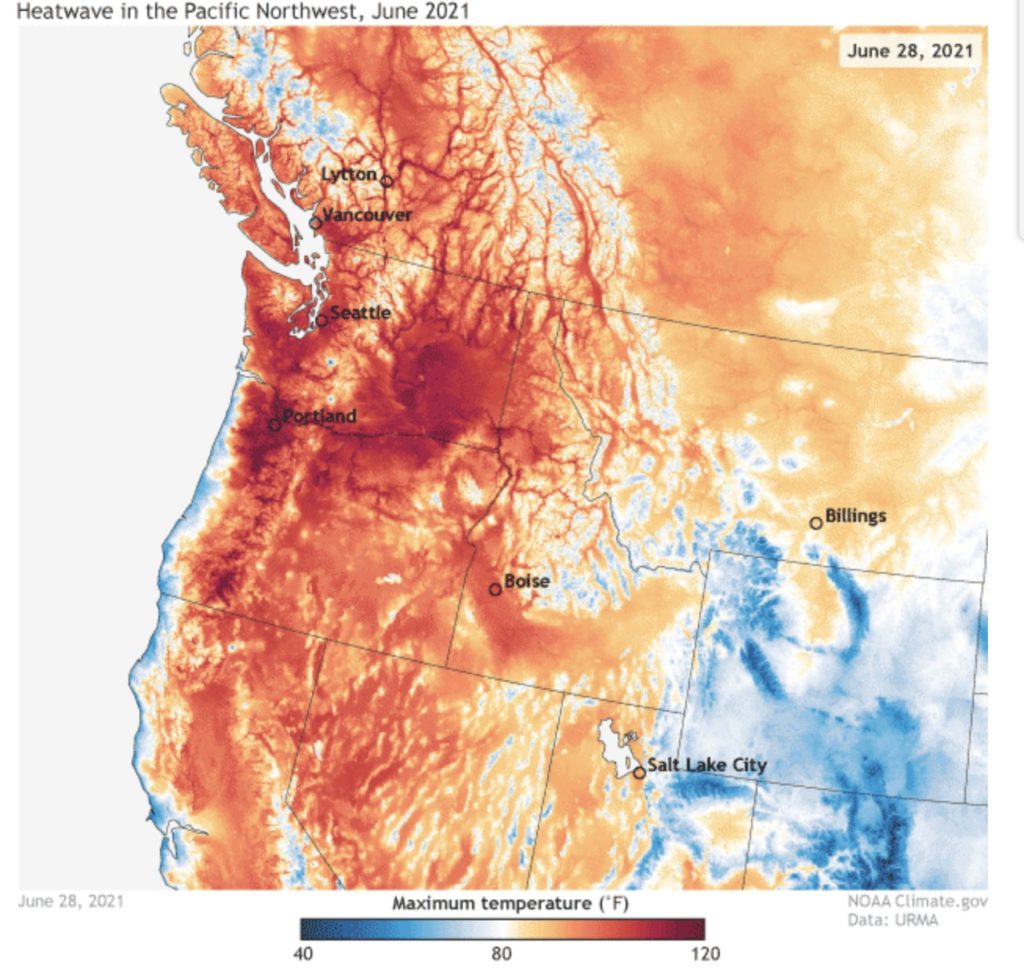
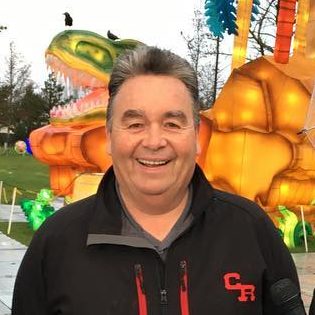
 The document, filed by lawyer Rachel Roy, said the association has continuously committed discrimination in employment, “by upholding a hostile and poisoned work environment and by failing to respond to race- and sex-based harassment.”
The document, filed by lawyer Rachel Roy, said the association has continuously committed discrimination in employment, “by upholding a hostile and poisoned work environment and by failing to respond to race- and sex-based harassment.”

